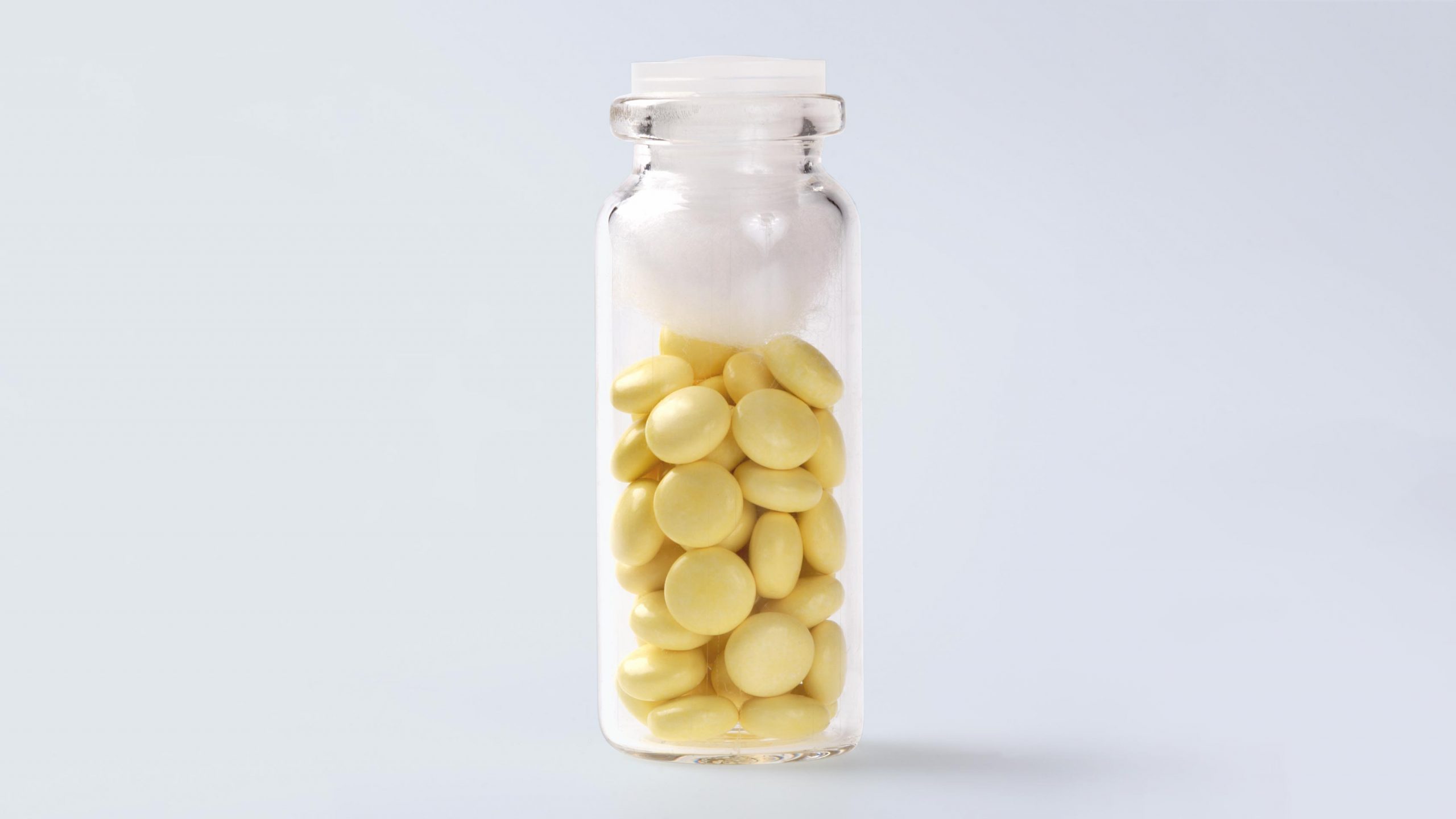Why Is There a Cotton Ball in Pill Bottles? (original) (raw)

Astroid/Getty Images

Astroid/Getty Images
Is it hurting more than it's helping?
Now Trending
If you’ve ever frustratedly yanked a cotton ball out of a brand-new bottle of aspirin, Tylenol, or allergy medication, you’ve probably wondered what it was doing there in the first place. This egregious ball of fluff seems downright out of place among the hard, tiny pills, blocking your way to them, the things you actually bought the bottle for. And all you do with it is throw it away.
Adding to the confusion, it’s not any kind of specialty item, like those silica gel packets that come in product packaging—it’s a plain old cotton ball! (Or rayon, or polyester; it’s not always pure cotton.) What purpose could it possibly serve? (By the way, that hole in your pen cap serves a purpose, too.)
Well, the truth is that it used to serve a purpose, but today…it really doesn’t do anything. Bottom line: There are some far better uses for cotton balls.
The first-ever cotton balls started showing up in pill bottles in the early 1900s. The pharmaceutical company Bayer, the first to add them, did so to prevent the pills from jiggling around in the bottle and potentially breaking. If customers opened a bottle of broken pills, they worried, those customers might end up taking too much or too little medication if they haphazardly popped broken pill fragments.
Decades later, in the 1980s, new technology rendered the cotton balls useless: pill coatings. The enteric coatings on pills ensured that they were no longer in danger of breaking apart in the bottle. Bayer itself actually stopped putting cotton balls in the bottles in 1999. Many other companies, though, kept them in.
Why? Well, the simplest answer is…because it had become the norm. Consumers expected to see them there, and most didn’t know they were useless, so the companies saw no need to remove them. They might be an annoyance, sure, but customers have come to expect them. Some people rely on them as an indicator that their bottle of pills hasn’t been tampered with. It’s also become something of a placebo, leading consumers to believe that because of it, their pills are somehow safer or fresher. Did you know safety is also a reason lollipop sticks are hollow?
So, are the pills actually safer? No. The cotton balls don’t preserve quality or freshness in any way—and, in fact, they might have the opposite effect. The National Institutes of Health says that the cotton can actually draw moisture into the bottle. Too much moisture could cause the pills to stick together, altering their potency. So feel no shame or remorse about frustratedly tossing it!
Next, tackle another head-scratching topic and learn why the passenger’s seatbelt has a fabric loop but the driver’s seatbelt doesn’t.
Sources:
- Drugsbd.com: “Why Is There Cotton in My Medicine Bottle?”
- Business Insider: “Here’s why that huge cotton ball comes in pill bottles”
- Verywell Health: “Enteric-Coated Medication”
- The Wall Street Journal: “Bayer Decided They Don’t Need Cotton Anymore, Despite Ritual”
- MedlinePlus: “Storing your medicines”